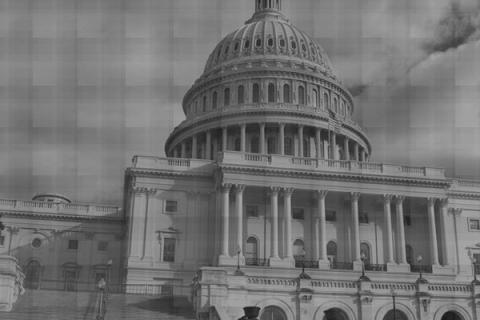When we look at voter fraud as a reason for avoiding new technology or techniques for opening democracy to more eligible voters, anecdotes of stolen election are often thrown out. We've discussed some of these anecdotes previously and been criticized because they happened two decades ago. The recency of anecdotes is inconsequential regardless of their use as evidence for an argument for or against an issue because they anecdotes do not change.
Many of the events that can be cited as evidence of voter fraud are linked to clerical errors that create the appearance of fraudulent activity. Thinking about the likelihood of either happening and considering the consequences for one and not the other, it’s easy to understand that it's much more likely that clerical errors lead to irregularities in voting as opposed to fraud.
There are several logical reasons why this could occur. One simple error in spelling could lead to an irregularity that could be cited as voter fraud. Equally as innocuous would be mistakes on the registration form where a voter would mistakenly switch their first and last names on the form.
A more common form of clerical mistake between voters and the State involves matching voter rolls to the voting record. In these cases individuals with similar names and birthdates are counted as fraudulent. But, most states have a default birthdate, which triggers a computer looking for those matches, when the names are the same. Two individuals named Mark Johnson living in the same state without a listed birthdate could be counted as fraudulent voters.
